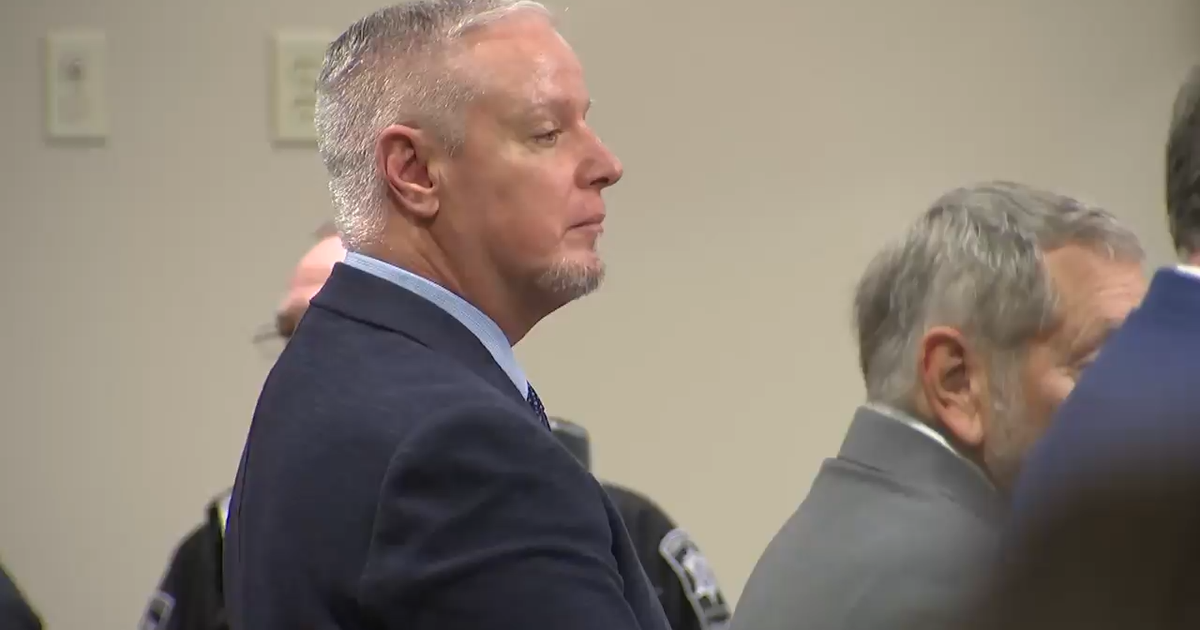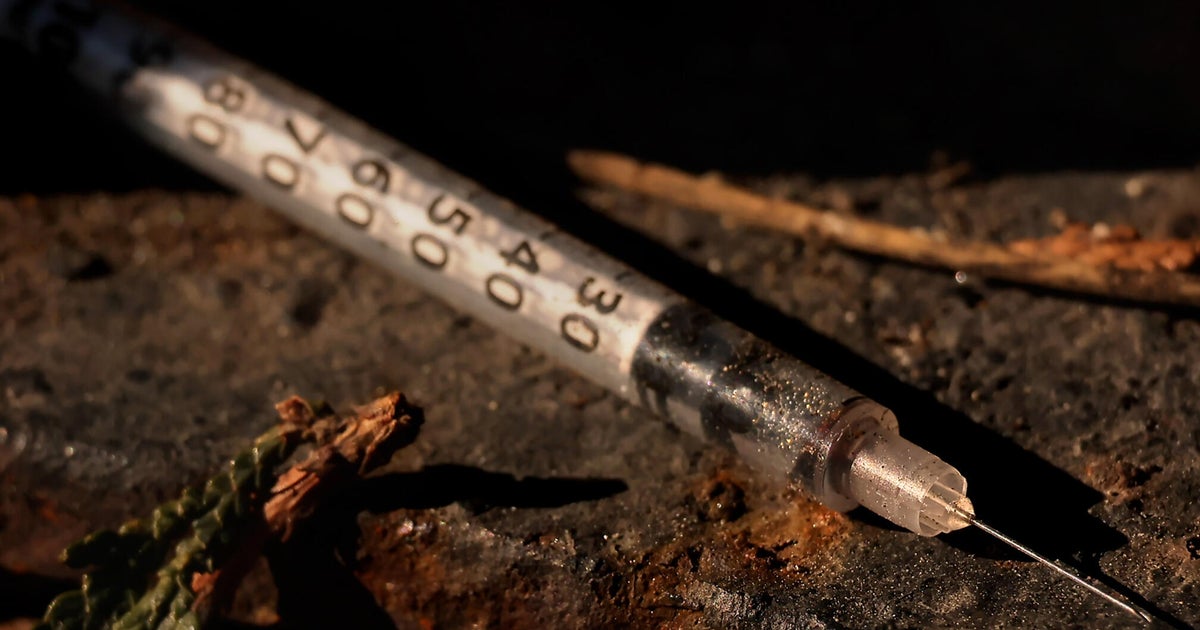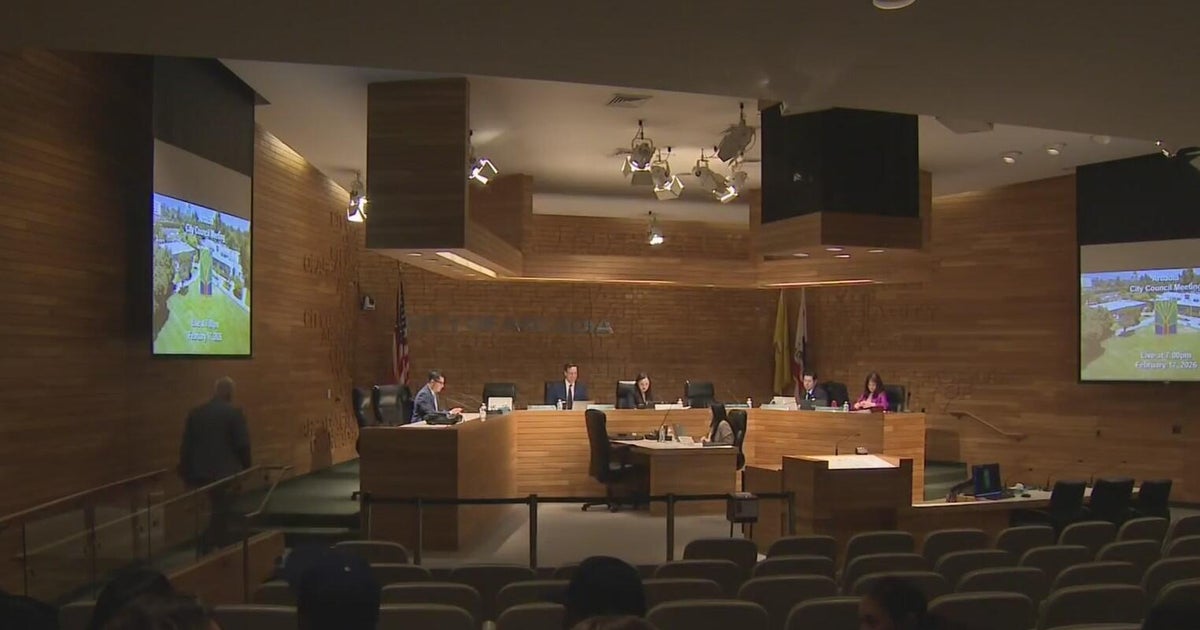Boston University lab did not create deadly new COVID strain, experts say
BOSTON - Have you seen the headlines? Started by a British tabloid and picked up by several national US media outlets, they claim that a Boston University laboratory "created" a deadly new strain of COVID-19 with an "80% kill rate."
But the allegations are simply not true, according not only to the Boston University researchers accused of the act, but third party experts who explained what's really going on to WBZ-TV.
Researchers at Boston University's National Emerging Infectious Diseases Laboratories, or NEIDL, have been at work researching COVID-19 since 2020, when they received a sample of the first COVID case recorded in Washington state. They work on research surrounding treatment, prevention, and how COVID spreads.
The goal of this 2022 study was to determine why the Omicron variant of COVID-19 seems to cause less severe disease than the virus's original strain, and to figure out what component of the virus determined its severity.
To do so, researchers compared original COVID, Omicron, and a version of the two combined: this is where the misinformation about a "new strain" developed.
But experts say, this is standard.
"I think this was blown completely out of proportion," explained Dr. Daniel Kuritzkes, the Head of Infectious Disease at Brigham and Women's Hospital. He is not affiliated with the BU study.
"The type of experiments that were done are the type that essentially are done every day with COVID, and there is nothing at all unusual about this."
"If you were going to find vaccines, or you were going to be able to find some kind of test, with things like COVID, that's the kind of work you do," added Dr. Arthur Caplan, the Director of Medical Ethics at New York University's Grossman School of Medicine.
Once researchers in the BU lab developed the combined COVID-19 strain, they injected large amounts of it into mice, to determine how deadly each version of the virus is and again, what part of the virus causes this severity level.
With the original strain of COVID-19, 100% of the mice died. With Omicron, none of the mice died. And with the combined strain, about 80% of the mice died.
That data is where viral news reports got their headlines about an "80% kill rate."
"It's not like they made this monster virus. That is a complete misinterpretation," Dr. Kuritzkes explained. Also, "what we see in animal models does not directly translate to what happens in humans," he added.
The director of the NEIDL lab released a statement in response to the reports, calling them false and inaccurate. "They've sensationalized the message, they misrepresent the study and its goals in its entirety," says Ronald B. Corley, NEIDL director and BU Chobanian & Avedisian School of Medicine chair of microbiology, of the news reports.
In addition, there is no concern that the virus being tested in the lab could leak into the public, another claim promulgated by initial reports. "There is no risk to doing these experiments in the city of Boston because these are being done under the highest level of containment to ensure that there is no release of any materials at all from the lab into the environment," Dr. Kuritzkes explained.
"[In the US,] we are much more careful, much more cautious than basically anywhere else in the world about this kind of work," Dr. Caplan added.
The work was performed with approval from Boston University, a biosafety review committee, and the Boston Public Health Commission.
There is one controversy surrounding the fallout from these reports. Representatives from the National Institute of Allergy and Infectious Diseases, or NIAID, said they wished BU had told them the research it was working on.
But according to a BU spokesperson, the researchers didn't have to.
"We fulfilled all required regulatory obligations and protocols. Following NIAID's guidelines and protocols, we did not have an obligation to disclose this research for two reasons. The experiments reported in this manuscript were carried out with funds from Boston University. NIAID funding was acknowledged because it was used to help develop the tools and platforms that were used in this research; they did not fund this research directly," the university said.
The National Institutes of Health is now examining whether the experiments should have triggered a federal review.










